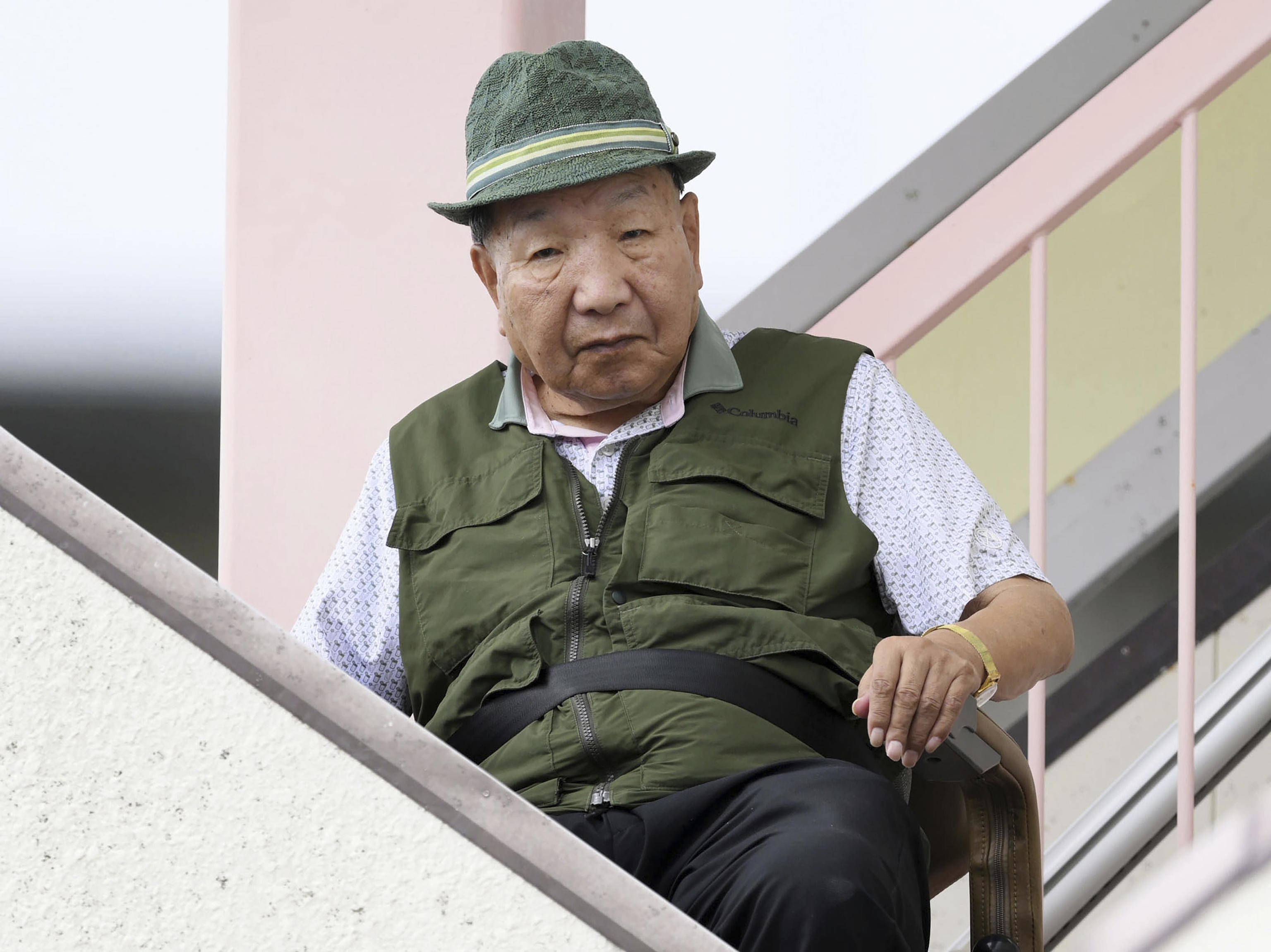Never lose hope. Just ask Iwao Hakamada, who was acquitted on Thursday by a court in Japan after spending 47 years in prison. Considered the longest-serving death row inmate in the world, he saw his original 1968 trial annulled, as reported by Efe.
A former professional boxer who converted to Christianity in prison, Iwao Hakamada spent 47 years behind bars, awaiting a death sentence that never came and from which the Japanese justice system absolved him on Thursday, after an unwavering fight to prove his innocence.
Hakamada (Shizuoka, 1936) was sentenced to death in 1968, accused of murdering the owner of the miso (fermented soybean paste) factory where he worked, the owner's wife, and their two children two years prior, followed by setting their house on fire.
He tirelessly maintained his innocence, arguing that the incriminating evidence was actually fabricated against him, primarily some clothing found in one of the miso tanks at the company, stained with blood matching his DNA. Japanese justice has finally vindicated him.
At 88 years old and with a weakened mental state due to nearly half a century behind bars (earning him a Guinness World Record), the Shizuoka District Court acquitted him on Thursday after a retrial, a rare procedure in Japan but granted to Hakamada in 2014.
The Japanese former boxer was released from prison that year, but the judges excused him from attending the new trial due to his deteriorated mental condition, with his sister, Hideko Hakamada, and his lawyer, Hideyo Ogawa, taking over, two pillars in the former inmate's life.
19 Days and 228 Hours of Interrogation
Although he denied the charges when arrested in 1966, Hakamada confessed on September 6 of the same year to "protect his life," as he stated, on the nineteenth day of an interrogation lasting an average of 12 hours daily.
He again denied committing the crime in the initial trial hearing and continued to do so in the thousands of letters he sent from prison to his family.
The first letter, written in 1967 to his mother who passed away the following year (unknown to him until months later), read, "It has been half a year since I last saw you. I am fine. I feel my family is worried about me. I truly have nothing to do with the Kogane Miso incident. I am innocent," as compiled and published by the Japanese newspaper Asahi, along with the hundreds of letters that followed.
"They looked a bit like my clothes, but there is so much clothing in the world that looks similar..." Hakamada wrote before being sentenced regarding the garments found in the miso tank.
Hakamada was sentenced to death because the blood on the clothing found submerged in miso matched his DNA, but he argued from the start that it was a fabricated piece of evidence against him and appealed the verdict.
"I saw them (the blood-stained pants) in court. They seemed too small, no matter how I looked at them. If they don't fit me, the accusation against me will disappear," Hakamada penned in another letter to his family.
It was proven that the pants did not match the ex-inmate's size, but prosecutors and case investigators argued that the clothing was small because Hakamada had gained weight in prison.
Another argument in the former boxer's defense of his innocence was that the blood color was too dark, a claim countered by prosecutors and investigators stating that the red had turned brownish due to soaking in miso.
The appeal was rejected, but in 1981, Hakamada requested a retrial of his case, which was not granted until 2014, after the prosecution revealed color photographs of the clothing that raised doubts for the Shizuoka Tribunal about the evidence's credibility due to the blood color.
Hakamada's release was ordered by Japanese justice 17,388 days after his arrest, with the approval for a second trial, and he left prison at 78 years old.
A Life in Freedom with His Sister
At his current age of 88, Hakamada resides in Hamamatsu, a city in Shizuoka Prefecture, southwest of Tokyo, with his sister Hideko, three years his senior.
He still exhibits symptoms of "institutional psychosis" diagnosed in 2008, a mental illness that some prisoners develop, manifesting as dizziness, headaches, nausea, and paranoia. He also claims to be God.
